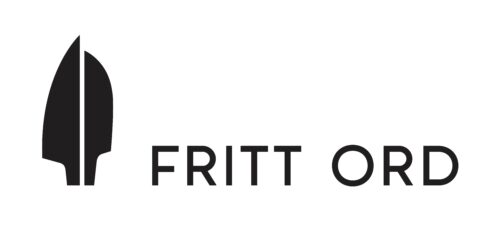Baraza
Four conversations with Renée Akitelek Mboya
The title Baraza (mabaraza in the plural) is a central concept in the East African public, which allows an understanding of social institutions as an extension of “revelations” that escape clear distinctions and sociological definitions. The ‘baraza’ is a place where people sit, meet, talk and rest. There is a diversity of understandings of the term, so the project’s title also reflects a range of possibilities for social and temporary organisations. It is considered an information base, a place of entertainment, a social entity, a political platform and a religious base.
Baraza is organised and produced by writer, curator and filmmaker Renée Akitelek Mboya.
In 2021 Fotogalleriet invited writer, filmmaker, and curator Renée Akitelek Mboya to facilitate a conversation series highlighting Diaspora voices in a global art context. 2021 was also a Covid-19 pandemic year and discussions about social justice and accountability in the art field was running high.
Over the span of a year, Mboya held four conversations with Dr Uhuru Portia Phalafala (Cape town, SA), Soñ Gweha (Paris, FR/Vienna, AU), Kaino Wennerstrand (Helsinki, FI) and Hera Chan (Hong Kong, CN). Four crucial voices in supporting artistic production and freedom of expression, and even dissent, in several modalities, ranging from large-scale institutions to independent project spaces.
Dr Uhuru Portia Phalafala is a poet, researcher and a senior lecturer in the English department at Stellenbosch University, in Stellenbosch, Western Cape province of South Africa. Her research interests are in critical race studies, material and expressive cultures, black radical traditions, black internationalism, translation, and decoloniality.
Soñ Gweha is an artist, researcher and community organiser who lives and works between the outskirts of Paris, France and Vienna, Austria. Navigating through contemporary creation, research and collective practices for transformative justice, they use analog DJing, sounds and their voice as an instrument (SOÑXSEED), moving images, poetic writings, archival conversations, body gestures, textiles and fruit & plant matter, in order to explore intimacy, love, tribulation and joy from a afrofeminist and queer perspective.
Kaino Wennerstrand AKA Kaino Kim Vieno, is a renowned and awarded Finnish multidisciplinary artist, whose works have touched upon topics such as elderly healthcare and European Union’s history and future. Wennerstrand also works as a part of musical performance art duo Biitsi with Heidi Wennerstrand.
陳思穎 Hera Chan is a writer and cultural worker living in Hong Kong. With Alvin Li, she is Adjunct Curator, Asia-Pacific at Tate. In the summer of 2017, she began her international search for Miss Ruthless. Otherwise, she has worked as a researcher and community journalist.
Chen’s work engages with performative infrastructures such as elections—as co-producer of KomBIJ1 TV, a political talk show aired in the Netherlands and the occupied Dutch Antilles leading up to the Dutch parliamentary elections of 2021; beauty pageants—as co-founder and curator of platform Miss Ruthless International in Hong Kong in 2017; and diasporic networks—as founding director of para-institution Atelier Céladon in Montreal in 2015.
Renée Akitelek Mboya is a writer, curator and filmmaker. Her custom is one that relies on biography and storytelling as a form of research and production. Renée is presently preoccupied with looking and speaking about images and the ways in which they are produced but especially how they have come to play a critical role as evidence of white paranoia, and as aesthetic idioms of racial violence.
Mboya works between Kigali and Nairobi and is a collaborative editor with the Wali Chafu Collective.
Fotogalleriet would like to thank Renée Akitelek Mboya for organising and producing these conversations.
